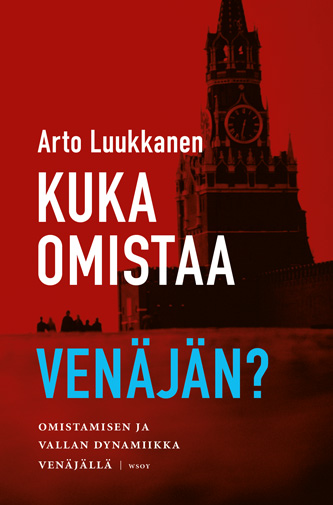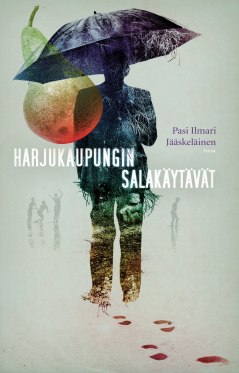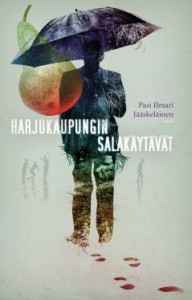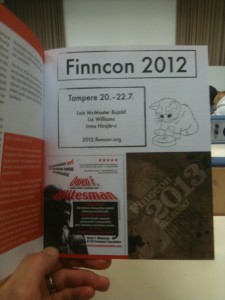I recently completed a series of non-fiction samples as part of an initiative by the Finnish Literature Exchange FILI. See the FILI brochure about the project here.
From the brochure:
In Finland, over 3,000 non-fiction book titles are released by publishers each year, of which around 2,000 come under the category of general non-fiction. The total number of works published in Finland in 2009 that were designated as non-fiction books – a category which includes items as diverse as annual company reports and scientific publications – was around 8,000. The spectrum of non-fiction books is so broad because the category includes everything that is not classed as fiction. This is a very substantial quantity for a country with such a small number of people who speak its national languages. … The emphasis in non-fiction publishing is on domestic topics, but of course there are books written in Finland whose style and subject matter make them eminently suitable for translation into other languages. The brochure you are currently reading contains a selection of eight high-quality, very well-written general-interest non-fiction books that have been published in Finland in the last couple of years.
Here are short descriptions of the work I did for the project:
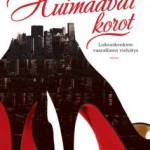
Vertiginous Heels: The Dangerous Allure of Luxury Shoes by Mirja Tervo
An anthropological investigation of the New York world of luxury high heels through the eyes of a Finnish scholar and shoe seller. Funny, touching, shocking. Why would anyone do that to her (or his) feet?

Who Owns Russia? The Dynamics of Ownership and Power in Russia by Arto Luukkanen
The name says it all. Scholar Arto Luukkanen studies the central role of private property rights and corporate ownership in the control currently exercised by the securocratic regime of Vladimir Putin and Dmitri Medvedev in Russia, including the historical development of ownership rights.
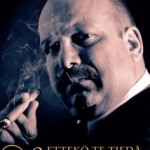
Don’t You Know Who I Am? The History of Arrogance by Ari Turunen
How do jerks end up with all the power and why can’t they ever seem to hold on to it? Simple: arrogance. If it isn’t killing your father and marrying your mother, it’s invading Russia late in the year.
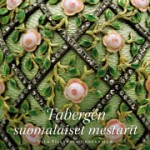
Faberge’s Finnish Masters by Ulla Tillander-Godenhielm
Long-time expert on the Faberge phenomenon, author Ulla Tillander-Godenhielm reveals the role played by skilled Finnish artisans in the creation of the Faberge legend. “But my dear lady, without these jewels you will by like a cow without her bell!” Now there’s some true Savo wit for you.
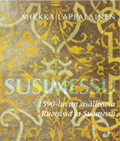
Wolf Mass: The Civil War of the 1590’s in Finland and Sweden by Mirkka Lappalainen
Yeah, Finns have never been very good at being ruled or invaded by other nations. They tend to get a bit rowdy.

